
Meeting Eldred
The last time I saw Eldred was probably at Sun-Kissed Salsa. A phenomenal outdoor salsa event where you dance by the sea as the sun lowers Cape Town into its golden light. I’m so grateful for getting to know Eldred at the festival a few weeks back. Not only did he give countless, joyful dances during the festival, he is also the organizer of Cuban salsa events. Just my type of Salsa! It’s funny, you never know who your next dance partner might be and what worlds may open up thanks to a simple dance connection. You can find the Sun-Kissed Salsa every second Sunday by Seapoint Promenade all summer long. As he runs in between dancing couples trying to capture their moment it is easy to see why some people refer to him as Bubbles. His sparkling eyes are always smiling at somebody and wherever he goes, his energy spreads like wildfire.
When he calls today, I’ve been down with the flu for over three weeks. I am climbing the walls out of boredom, but alas, I am a walking flem hazard so I am staying put. Simply imagine my joy when Eldred called! “I have an idea” is how he starts the conversation. Immediately I am alert, not one thought left of self pity that comes when one is sick, far away from home. “Tell me everything” I respond and the conversation took off from there.
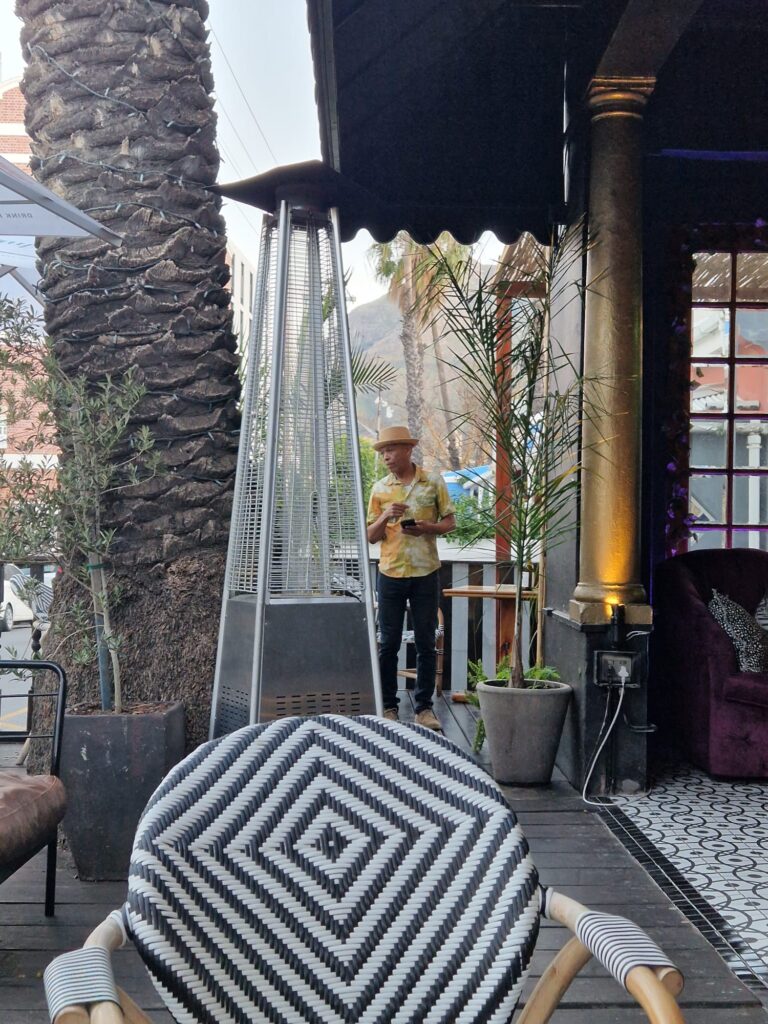
The importance of media and marketing for a festival tto succeed.
Eldred wants to crowdfund a photo project. A project of gratitude. A project of reclaiming space. A project of awareness. Let me explain. 2023 is the tenth year of the Benin International Dance Festival (BIDAF). Benin is a West African country between Togo and Nigeria. BIDAF is an Afro-Latin dance festival that takes place the first week of May every year. Eldred tells me it is one of the greatest festivals, with one of the highest standards that he has ever visited.
Despite this, there is almost no digital footprint of its ten year history. Almost no digital promotion. Last year was Eldred’s first time participating in the festival and he asked himself, based on the information available online, would he have bought a ticket? Probably not. Luckily, Eldred had some good friends vouch for the festival, but not everyone has these connections. If the festival isn’t leaving a big enough digital footprint it will be hard to bring in new participants. This is something that Eldred wants to contribute to through photo and video, sound and production.
The Afro in Afro-Latin Dances is missing from the global narrative.
“But the project is bigger than that,” he tells me. Bigger than marketing, larger than the capturing beautiful moments. “Because when I dance in Europe, or elsewhere, and people dance with me, afterwards they immediately speak to me in Spanish. And if I look at them strangely they might switch to Portuguese. And if I still look at them strangely, they may eventually ask, where are you from? And I say I’m from Africa, and they go huh? What they forget is that this is Afro-Latino, Afro-Caribbean, Afro-Cuban. And I think the African side of the Latin dances has been lost in this. So for me, the personal connection about being an African and claiming our rightful place in the shared history of creating this universal expression of passion, life, freedom, sorrow and pain, that is what is essential.”
I laugh as he says this, remembering how I thought he was Cuban after our first dance together and how I really couldn’t understand that he, in fact, wasn’t a fellow latino. Not even a little bit. To dance the way he dances, with every rhythm, every emotion, every move loaded with historical meaning, and not be Latino..? I have seldom met anyone like it. And even though Eldred started his dance career as a five year old and has been dancing everything from ballet, contemporary, African contemporary, modern jazz, to ballroom and Latin ballroom, and his immense skills could be explained by that… I believe that mine and others’ immediate assumption of Eldred being Latin American, speaks volumes to what more and more people are starting to talk about today: the erasure of Africa’s contribution in the Latin dances.
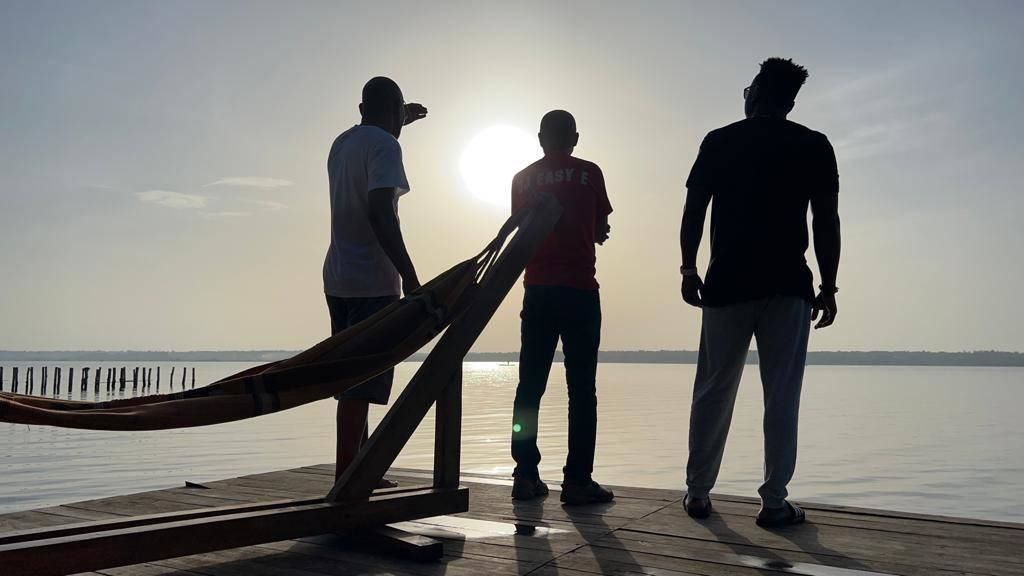
Salsa's roots and history.
When it comes to Salsa and other Latin dances and music styles, the roots of the rhythms come from Africa. “Because that’s the other side of it, we forget that this history is not simply about a joyful expression. It’s about oppression, it’s about suppression, it’s about enslavement.” It is through our human history and interactions that the rhythms traveled to Latin America. “And Benin has a further story to tell about the dances because in fighting for its own independence, the Cubans and other folks from the Caribbean came and supported them in their fight. And the Benin musicians were incredible in terms of creating its own African blend of salsa music. So you have Gumbo, Salsa and elements of Son that comes into it. And people will dance to that with the same freedom and expression and gaiety as if you’re dancing anywhere in the Caribbean. And yet you know that the roots of these dances come from West Africa.”
“So there is this; the musical history and connection with where the dance has gone from West Africa to the Caribbean. There’s the Caribbean and the Cubans coming back and fighting in the local Revolution and bringing salsa home to its roots and giving it its current day structure. From the musical and folkloric expression to the more organized entity that we today call Salsa in all its iterations. And that is a story that hasn’t been captured and told. There is a history and a voice that is missing when we think of Salsa. But this is also about giving voice to Benin. Because the festival in Benin is not just a Dance Festival. It is a dance and destination festival because the cultural exchanges, the access to the folklore, to the social political understanding, and the linguistic experience, and the cultural experience of being introduced to the Orishas, to the Gods, the dances, the food, the textures, the the clothing, everything about it.”
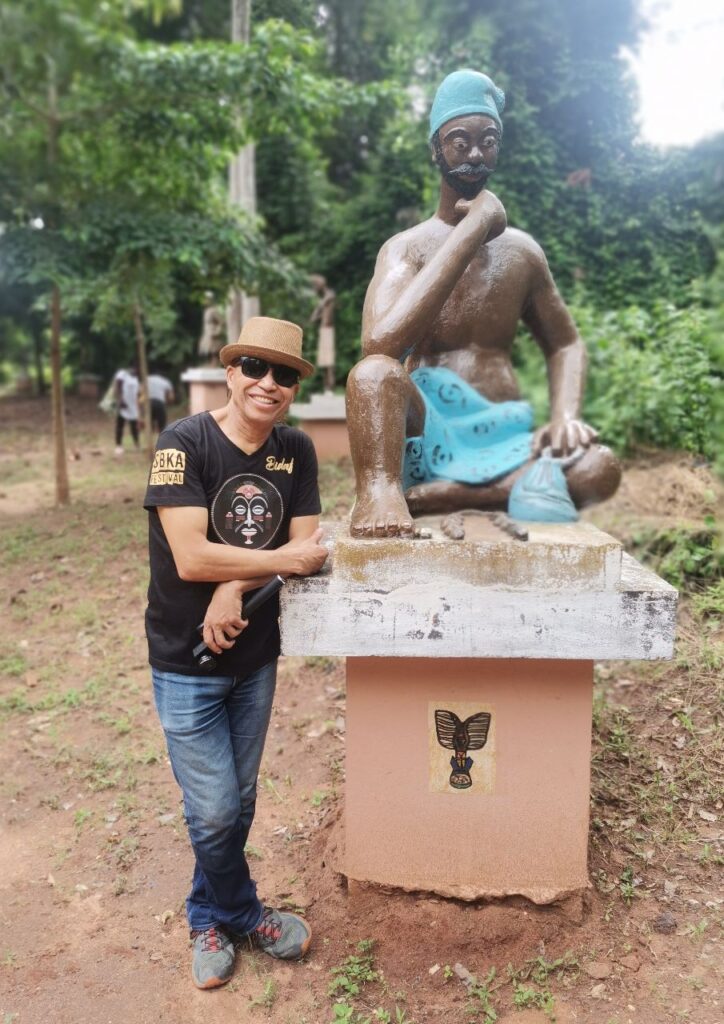
BIDAF Festival and purpose of crowdfund project
“[At the BIDAF Festival] you get exposed to and you understand the connection between all of those elements and the dance. All of the stories of the people of Benin and West Africa. The story of the diaspora, the story of the slavery, the story of enslavement, the story of liberation and being free. Additionally it is about the freedom of shaking those shackles, especially in the Mind through the Body. And that we could feel ourselves to be alive when we danced. It’s the idea of the connection between Roots to Routes; a route as in where the roots come from, and the routes that it’s taken through the diaspora to spread across the world.”
To summarize, the ambition with the photo project is to crowdfund it this year, monetize the project in sales of photo books and postcards so that the production can fund itself the year after. The purpose of the project is threefold: create marketing opportunities to generate sales, capture the BIDAF legacy, and my personal favourite, reclaim and acknowledge African heritage in the Latin dances.
Do you want to contribute?
The crowdfund is open for one week and one week only! The goal is to gather 1,910 USD by the 30th of April, seven days from today. No contribution is too small, everything is appreciated and will be put to good use.
How?
The crowdfunding has been closed. Thanks for your contribution!

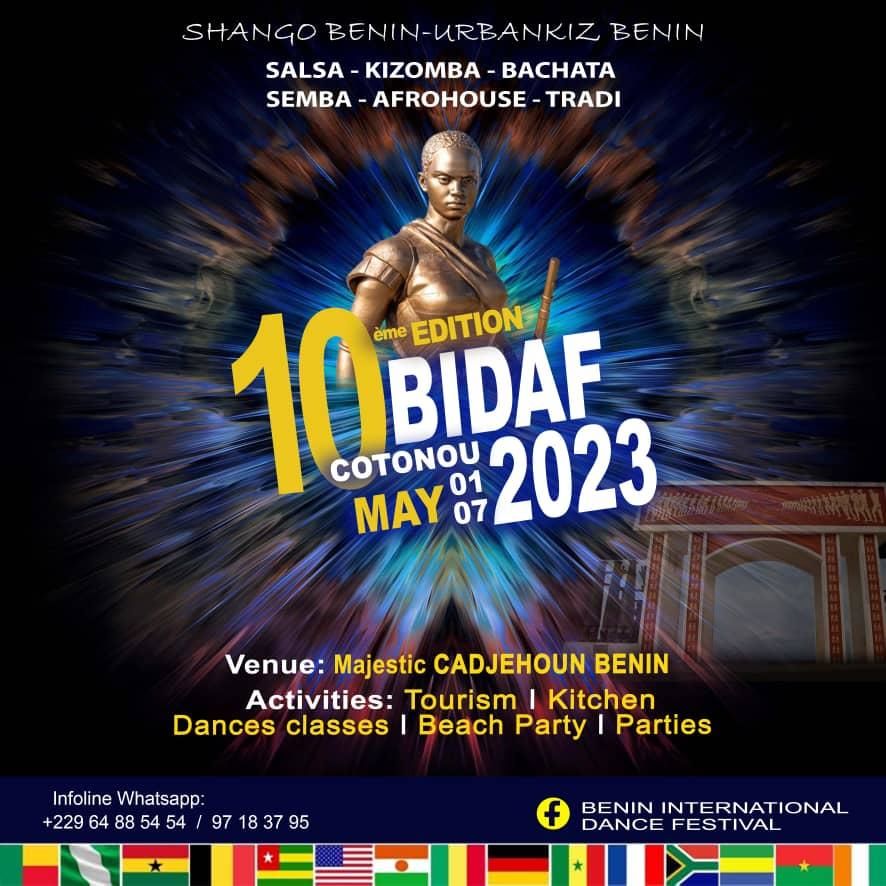

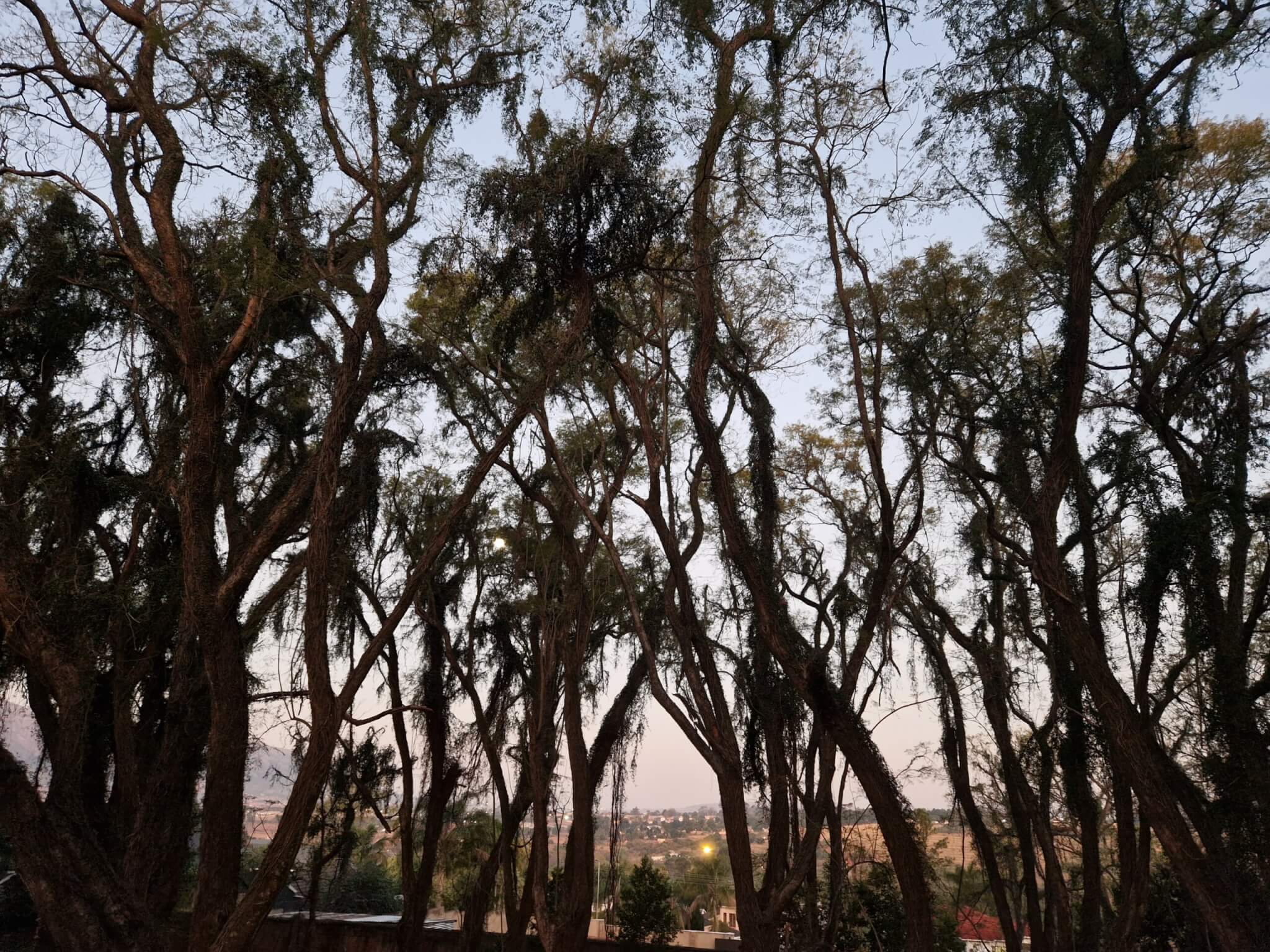
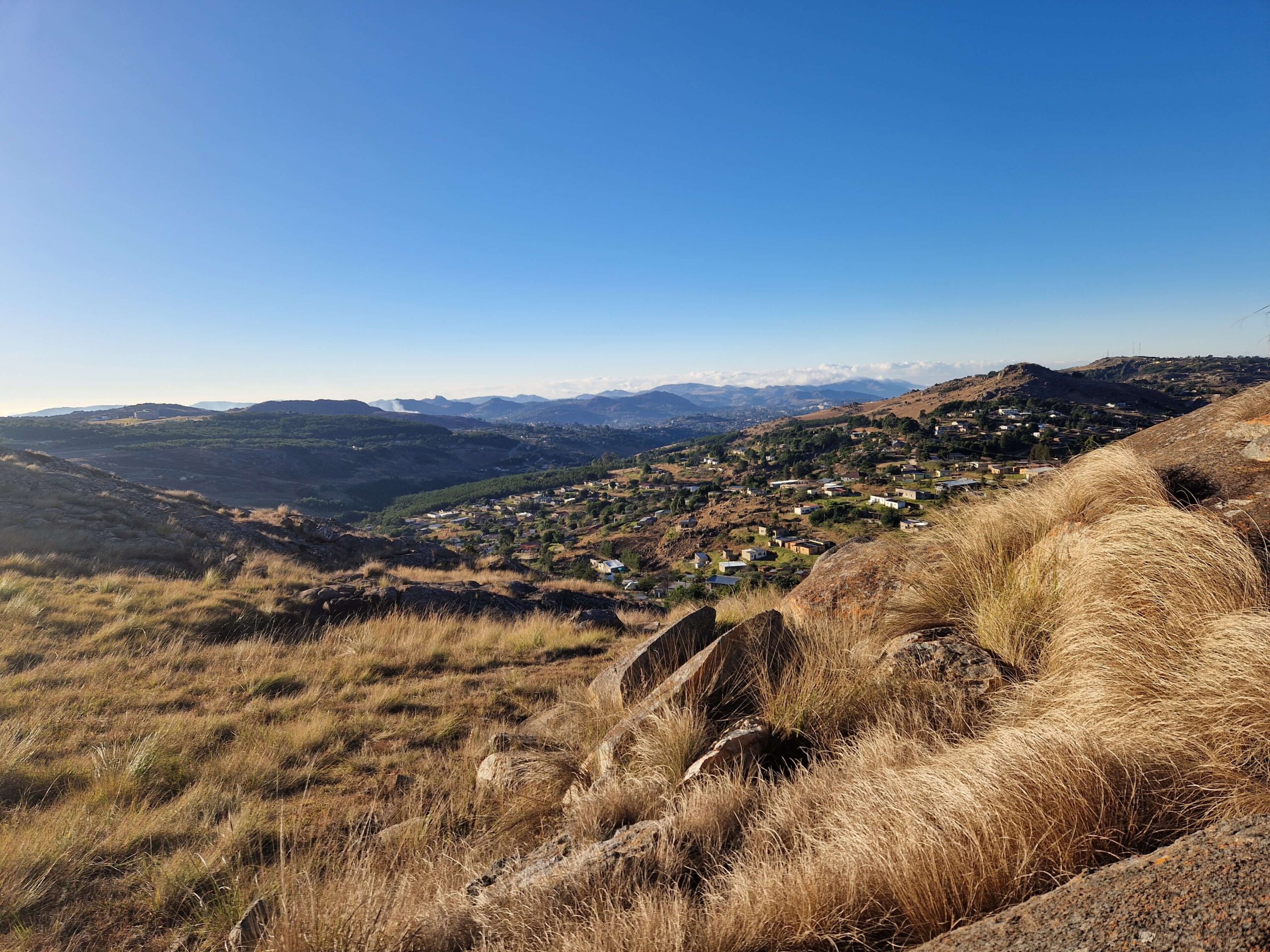
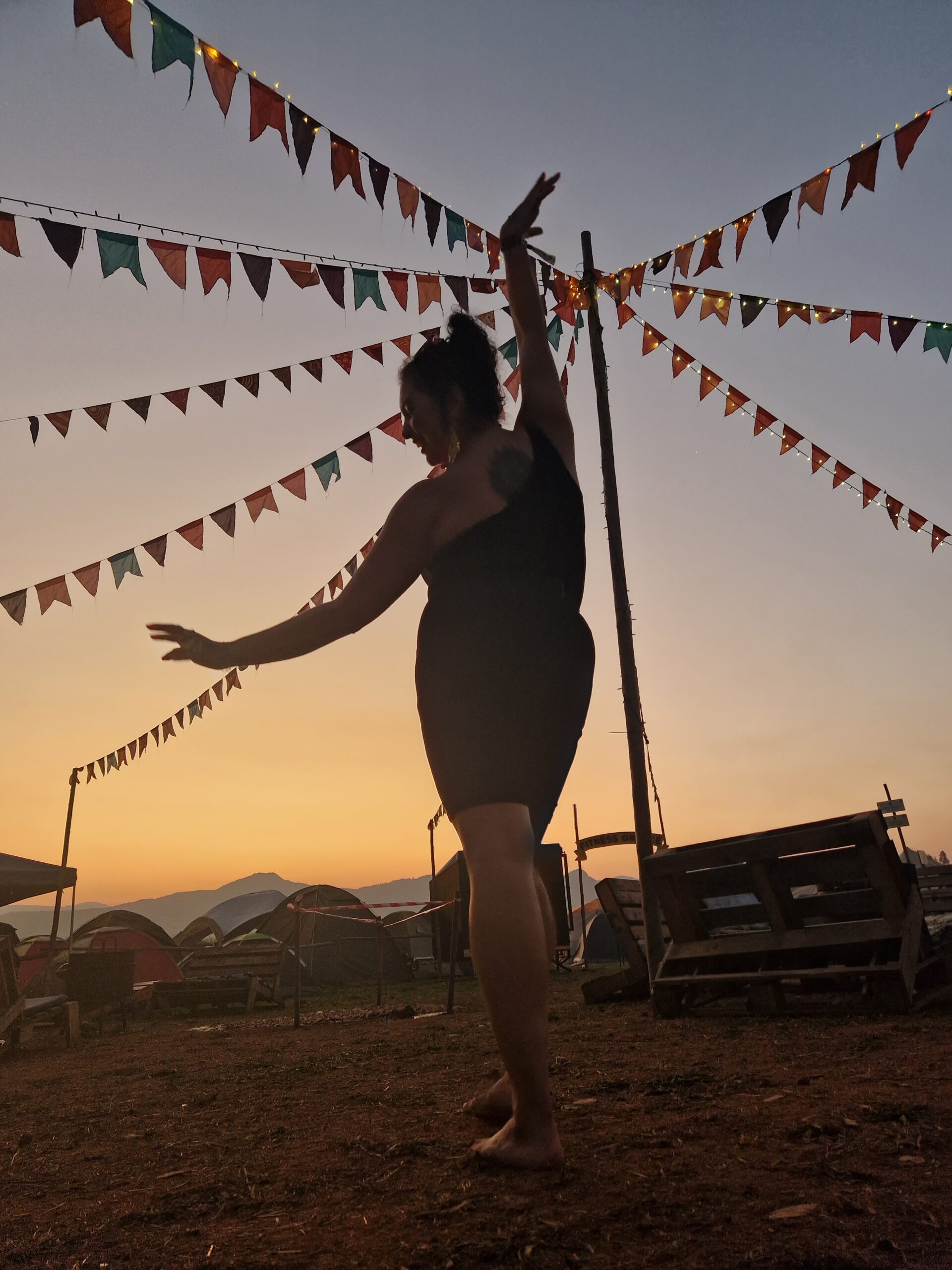
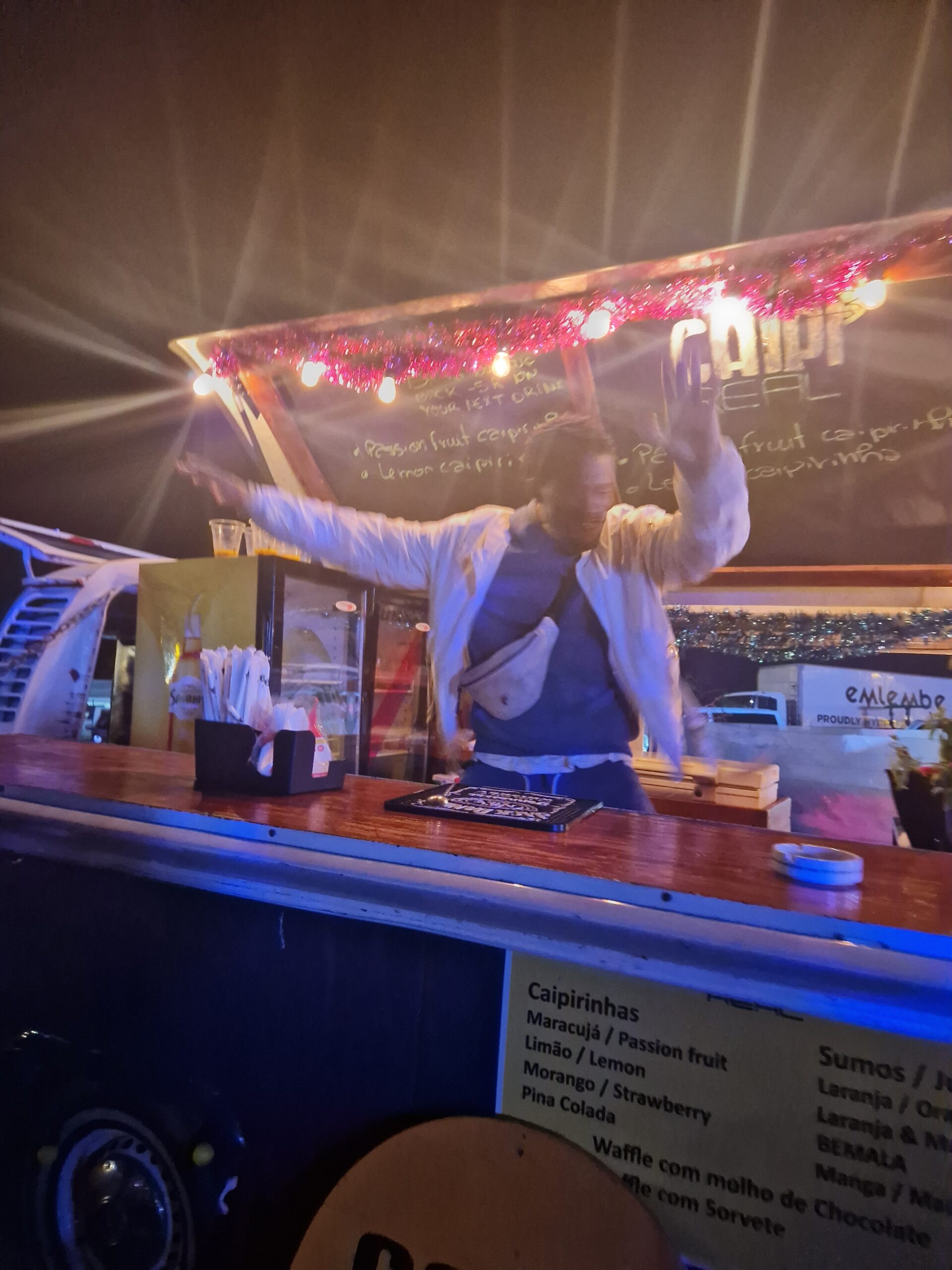
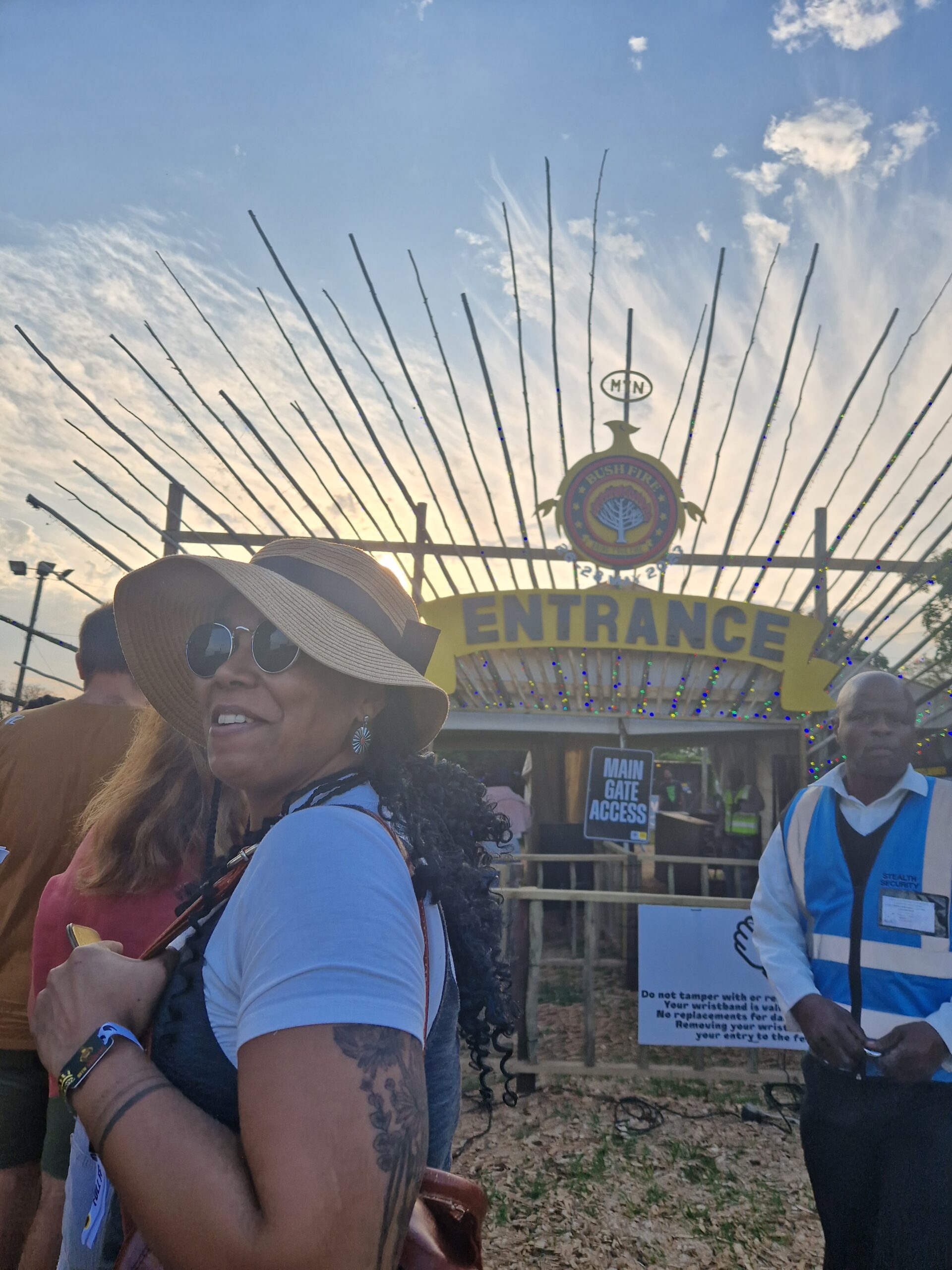
3 thoughts on “Crowdfunding project in Benin: the roots and origin of Salsa dance and rhythm”
Benin tar plats! Afrika tar plats!
Yess!
Pingback: Salsa and bachata de verdad! – The Global Entity